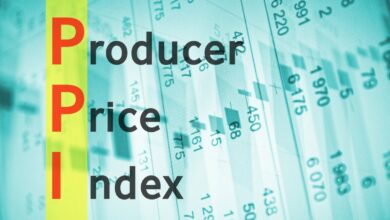Economic Crisis: Soaring prices of Hausa Koko reflect broader economic challenges in Ghana

Accra, Ghana – Once a beloved and affordable breakfast staple, Hausa koko is now reflecting the broader economic challenges faced by Ghanaians. Traditionally sold for between 1.50 and 2.00 Ghana cedis, a bowl of this millet porridge with sugar has seen its price skyrocket to a minimum of 3.00 cedis, while the quality has notably declined.

Hausa koko, paired with accompaniments such as bread, koose (fried bean cakes), or pincaso (deep-fried dough), used to provide a filling breakfast for 5.00 to 6.00 cedis. Today, under the strain of current economic conditions, this same meal can cost between 10.00 and 15.00 cedis, a substantial increase that is burdening consumers.
Residents of Accra and other major cities have expressed their frustration with these rising prices. “Koko was the go-to breakfast for many families because it was nutritious and affordable,” said Ama Owusu, a regular customer at a popular koko joint in Accra. “Now, not only is it more expensive, but the quality has also dropped significantly.”
Economic analysts attribute this price hike to a combination of factors, including inflation, increased transportation costs, and the rising prices of raw materials. Ghana’s inflation rate has been on an upward trajectory, reaching double digits in recent months. This inflationary pressure is felt across various sectors, from food and transportation to housing and utilities.
“The cost of millet, the main ingredient in Hausa koko, has increased due to higher fuel prices and transportation costs,” explained economic analyst Kwame Mensah. “Producers and vendors are forced to pass on these costs to consumers, resulting in higher prices and, unfortunately, sometimes lower quality as they attempt to cut costs.”
This trend is part of a broader issue affecting the food industry in Ghana. Basic food items, once considered affordable, are now becoming increasingly out of reach for the average Ghanaian. This has led to changes in consumption patterns, with many families seeking alternative, more affordable options or reducing the frequency of their purchases.
The government has acknowledged the economic challenges and is exploring various measures to stabilize prices and support both consumers and producers. However, the impact of these measures will take time to manifest, and in the interim, Ghanaians continue to grapple with the rising cost of living.
For now, the increased cost of Hausa koko serves as a microcosm of the larger economic issues facing the nation. As Ghanaians navigate these challenging times, the hope remains for a return to more stable and affordable prices, ensuring that beloved traditional foods like Hausa koko remain accessible to all.




